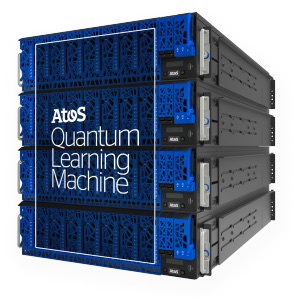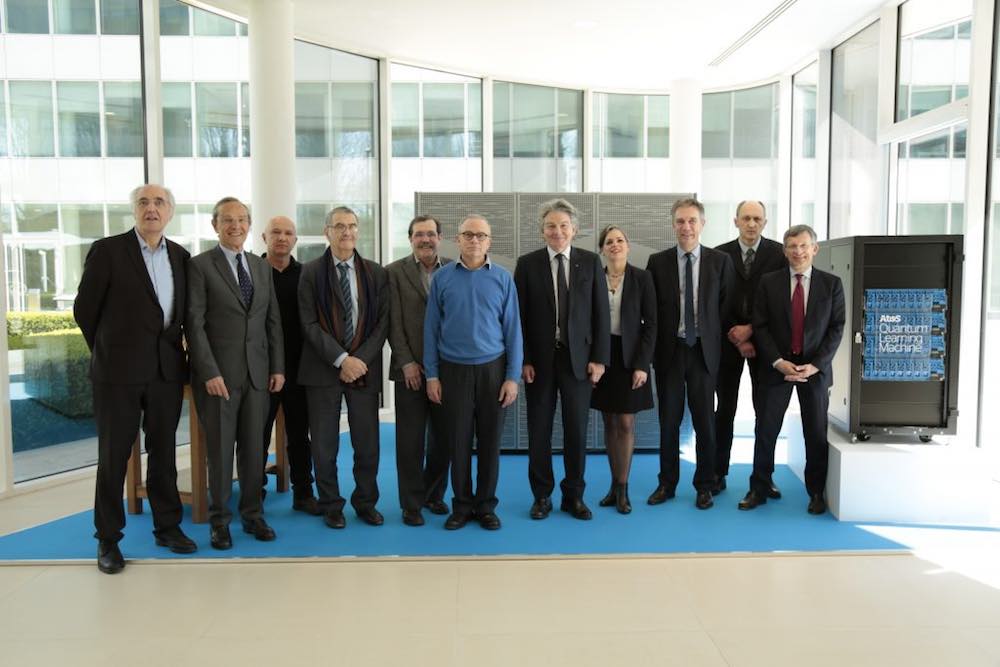 Today Atos announced unprecedented simulation features in Quantum computing. Researchers at the Atos Quantum Laboratory have successfully modeled ‘quantum noise’ and as a result, simulation is more realistic than ever before, and is closer to fulfilling researchers’ requirements.
Today Atos announced unprecedented simulation features in Quantum computing. Researchers at the Atos Quantum Laboratory have successfully modeled ‘quantum noise’ and as a result, simulation is more realistic than ever before, and is closer to fulfilling researchers’ requirements.
We are thrilled by the remarkable progress that the Atos Quantum program has delivered as of today,” said Thierry Breton, Chairman and CEO of Atos. “Since the launch of the Atos QLM in July 2017, the machine has benefited from continuous innovations by the Atos Quantum teams. By successfully modeling Quantum noise, researchers at the Atos Quantum Laboratory are now bringing simulation to a whole new dimension, ever closer to reality. This R&D breakthrough, supported by a world-class scientific Council, paves the way for researchers around the globe, enabling them today to test certain algorithms that will provide future quantum computers with their full capabilities, notably in artificial intelligence-related applications.”
The Atos Quantum Learning Machine (QLM) now has advanced quantum hardware modeling capabilities such as physics-based realistic qubit noise simulation and optimization of quantum software for real quantum processors. Thanks to this innovation, Atos QLM users are now able to optimize their quantum algorithms on any targeted quantum hardware. This major step has been recognized by the Atos Quantum Scientific Council as a breakthrough in the quantum computing research field.

Atos Chairman and CEO Thierry Breton surrounded by the Atos Quantum Scientific Council members on April 6 : Nobel prize laureate in Physics Serge Haroche, Daniel Estève, Alain Aspect, David DiVincenzo, Artur Ekert, (Fields Medal laureate Cédric Villani – member of the Atos Quantum Scientific Council excused) and the members of the managing team of Atos Quantum, next to an Atos QLM.
A mere nine months after its commercial launch, the Atos QLM – the world’s most performing quantum simulator, capable of simulating up to 40 quantum bits (Qubits) – has been sold in several countries including the USA (Oak Ridge National Laboratory), France, the Netherlands, Germany and Austria, empowering major research programs in various sectors.
Quantum computing should make it possible, in the years to come, to deal with the explosion of data, which Big Data and the Internet of Things bring about. With its targeted and unprecedented compute acceleration capabilities, notably based on the exascale class supercomputer BullSequana, quantum computing should also promote advances in deep learning, algorithmics and artificial intelligence for areas as varied as pharmaceuticals or new materials. To make progress on these topics, Atos intends to also put in place several partnerships with research centers and universities around the world.



